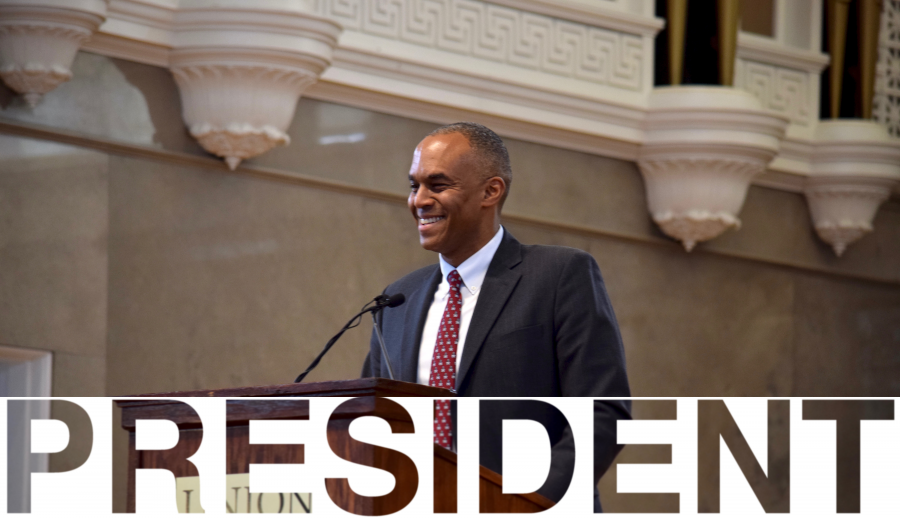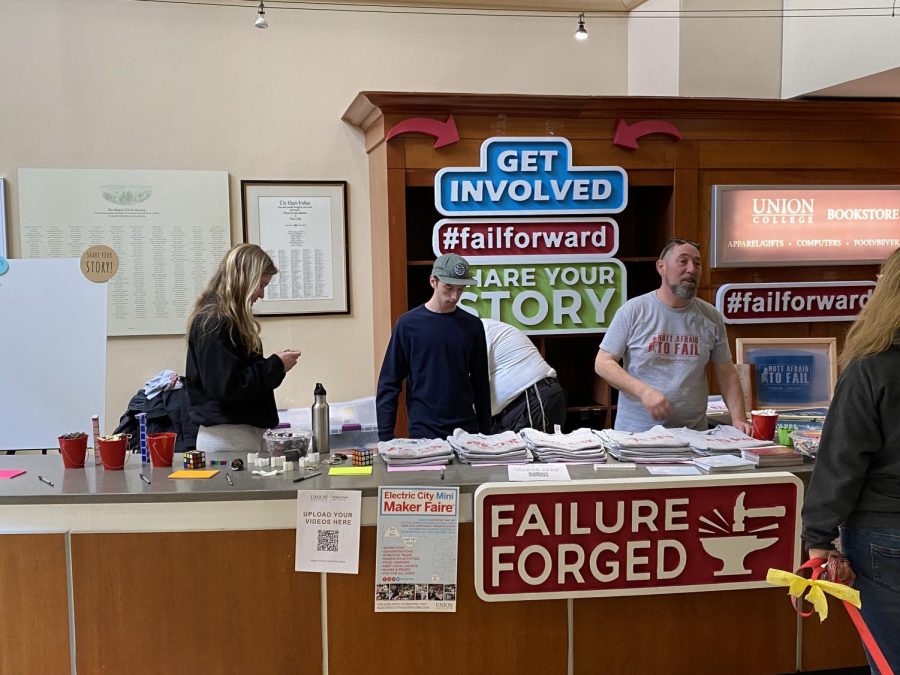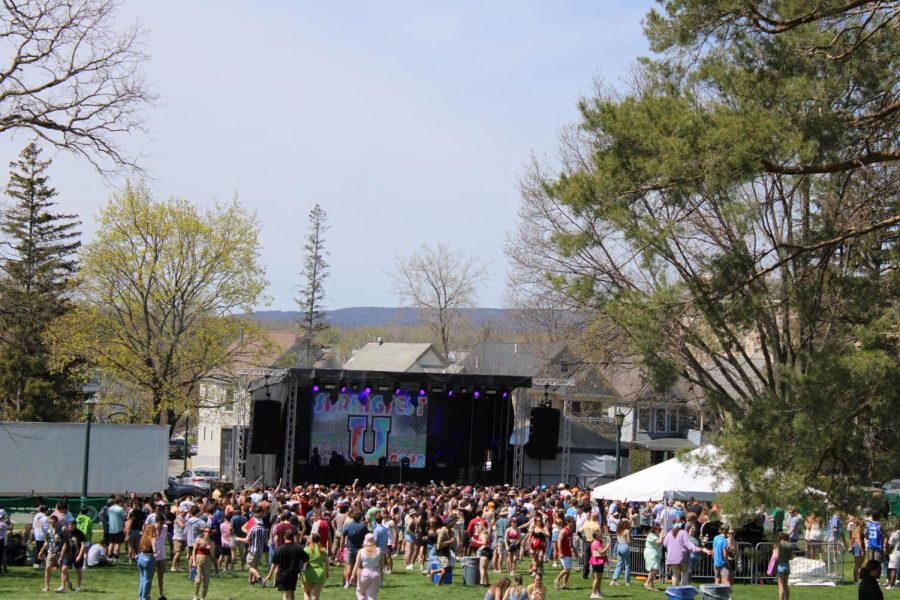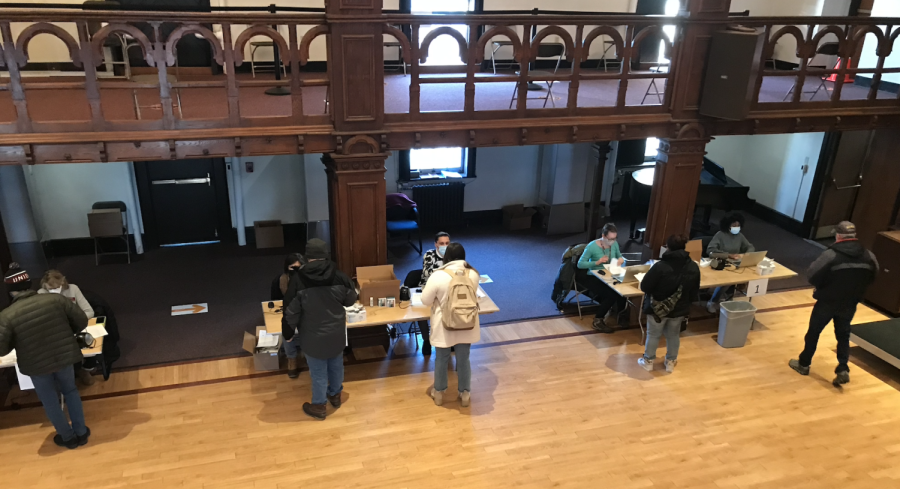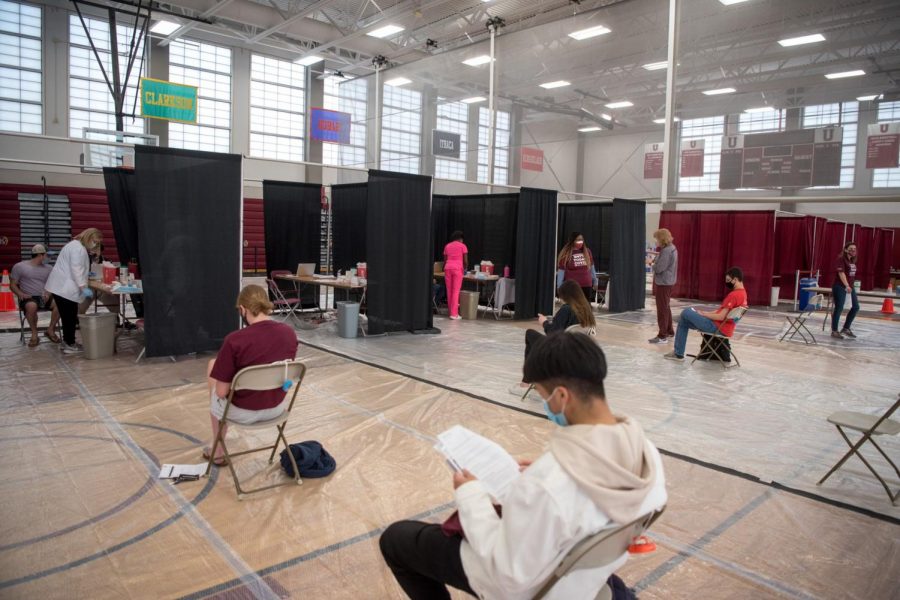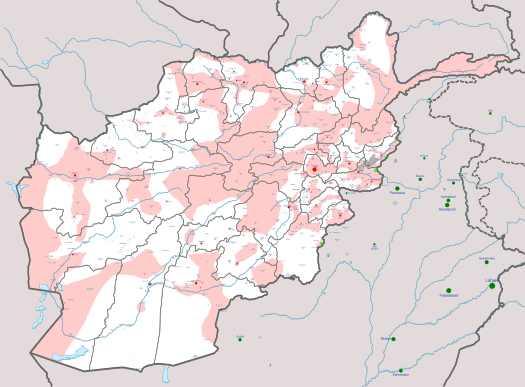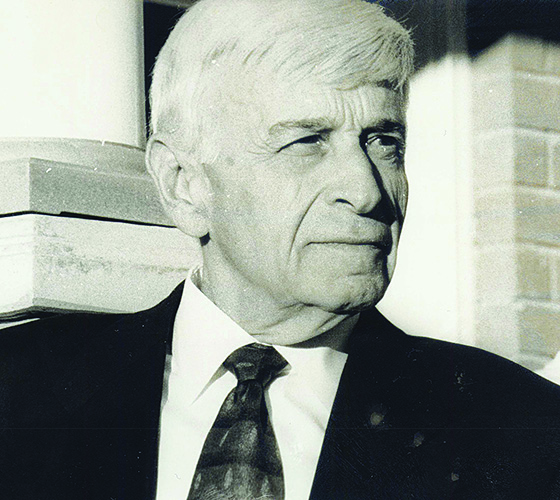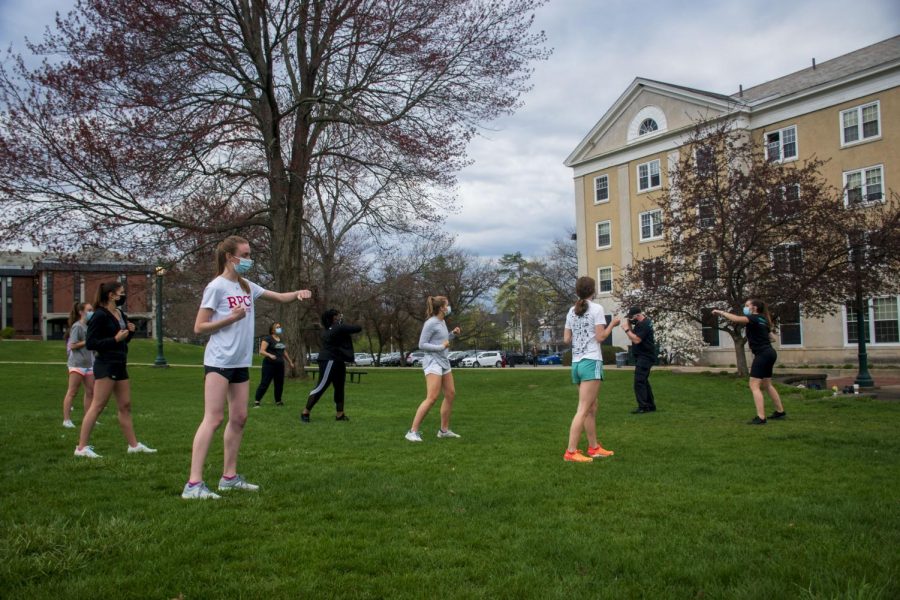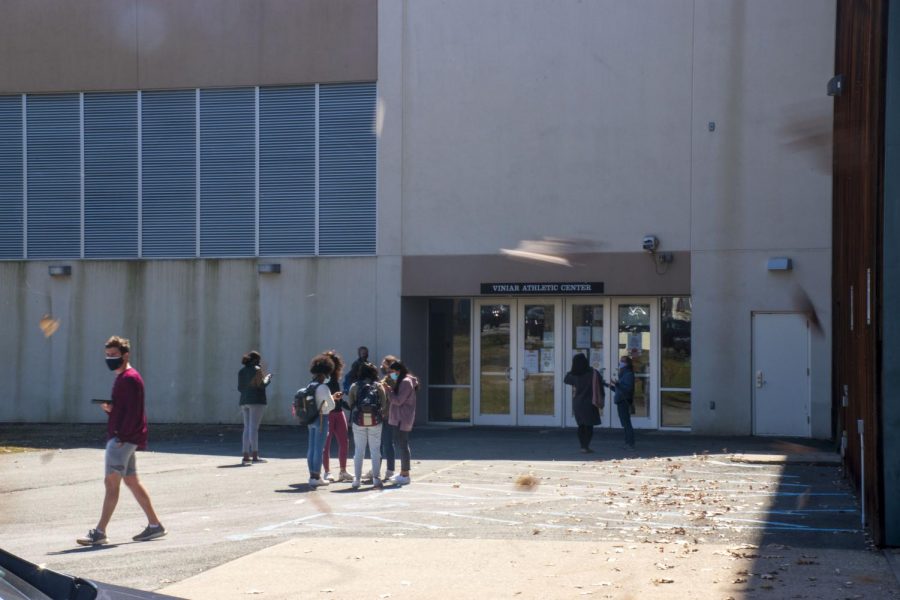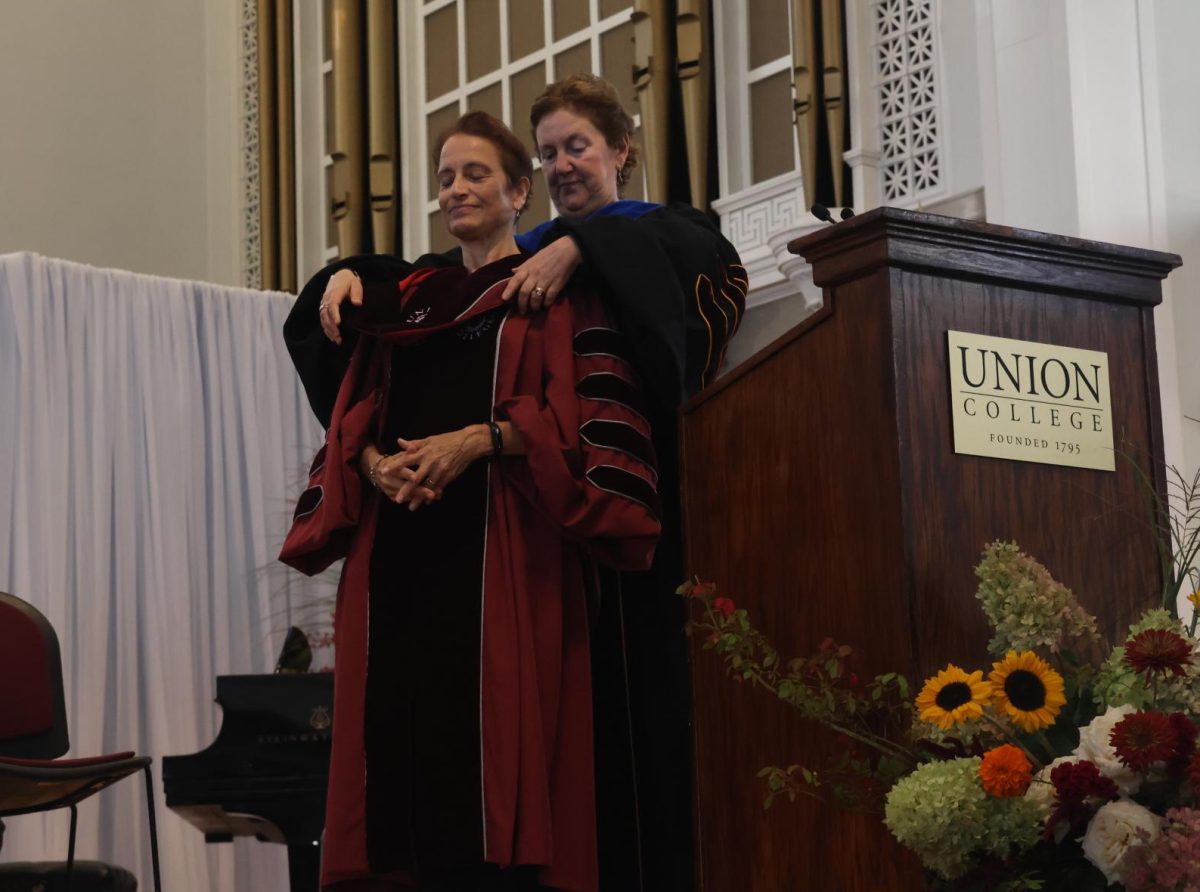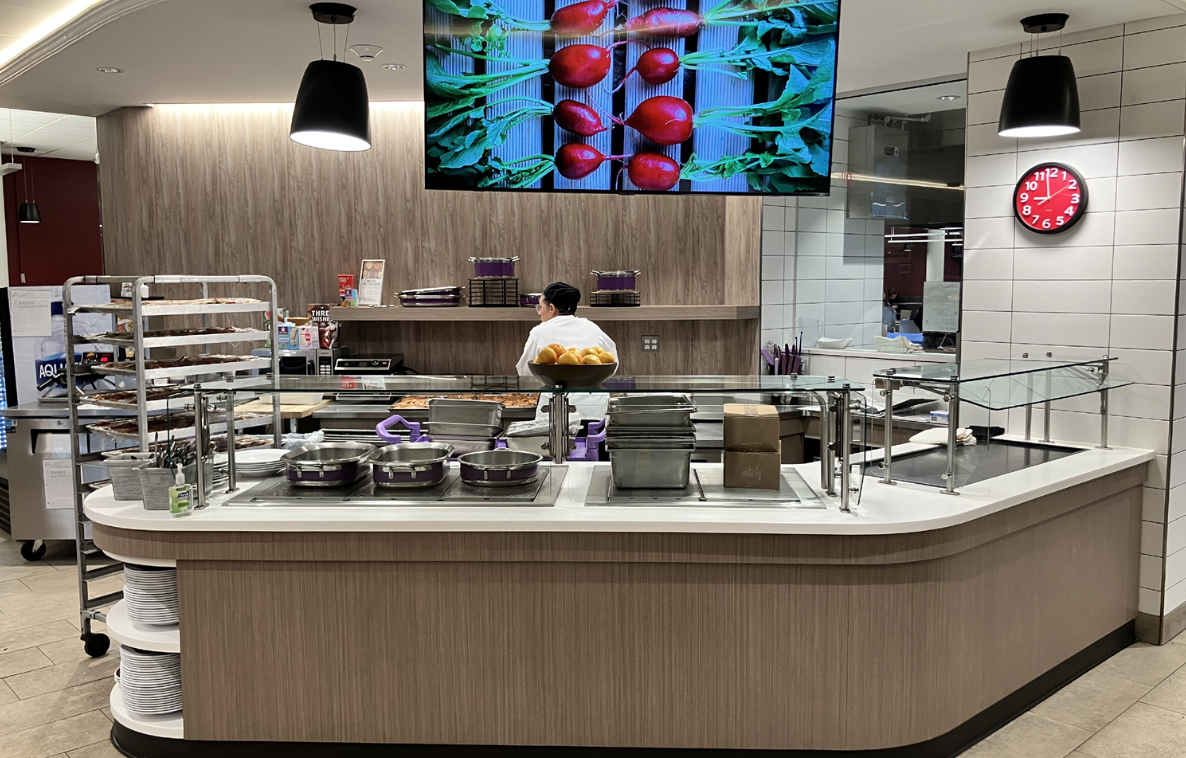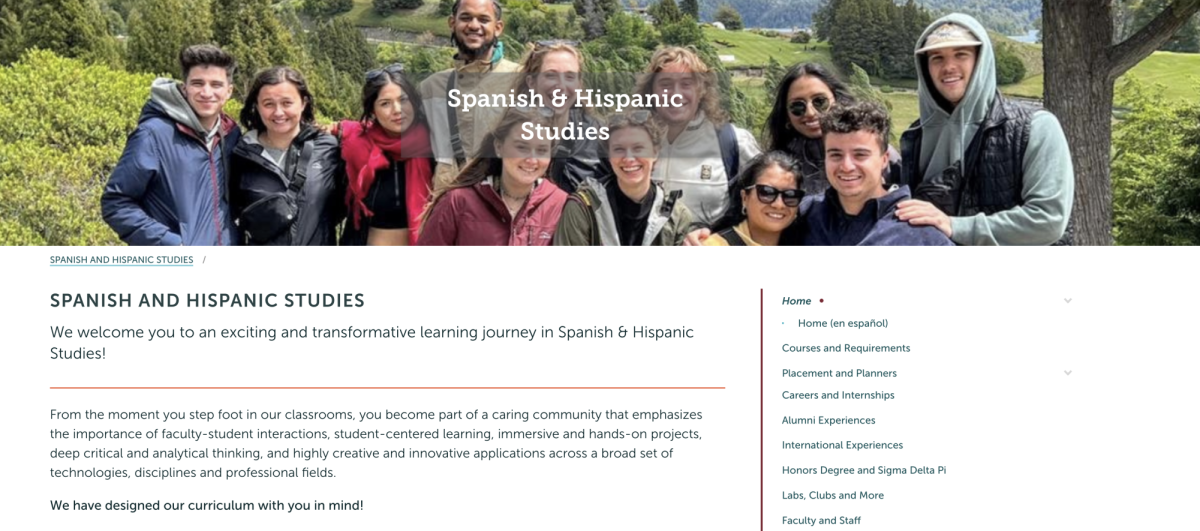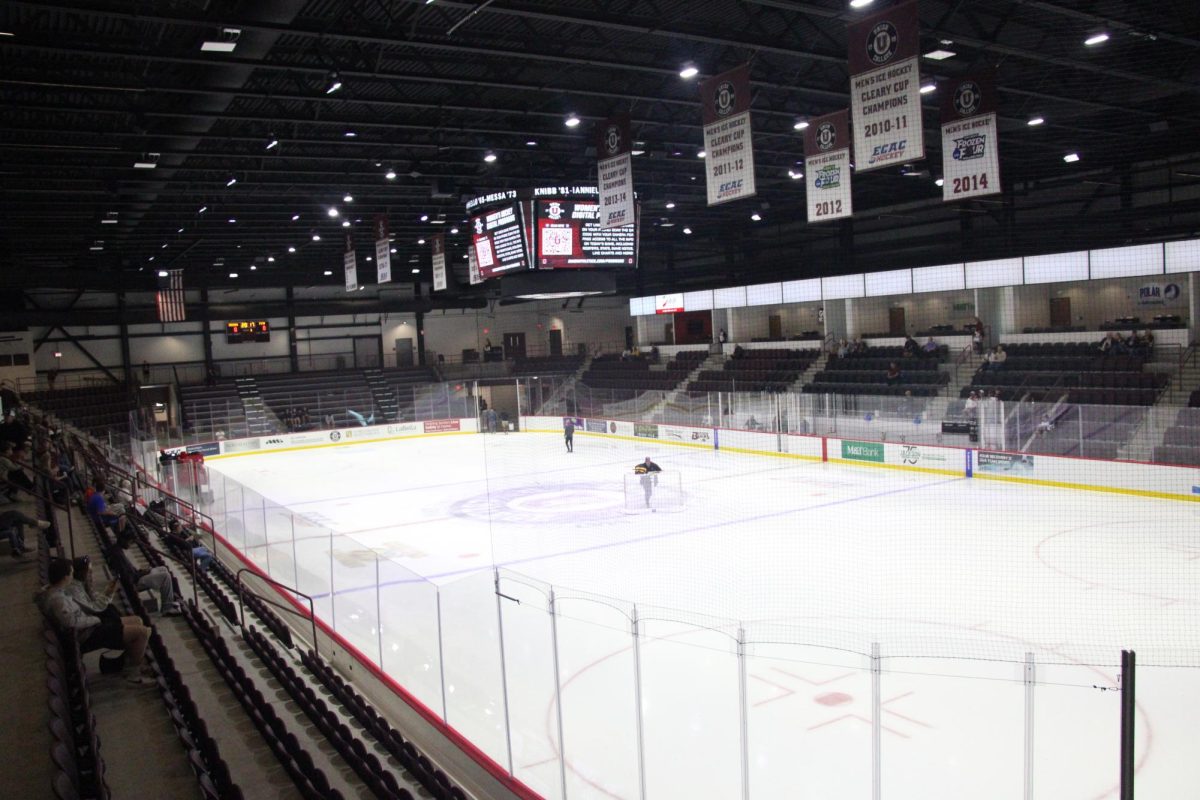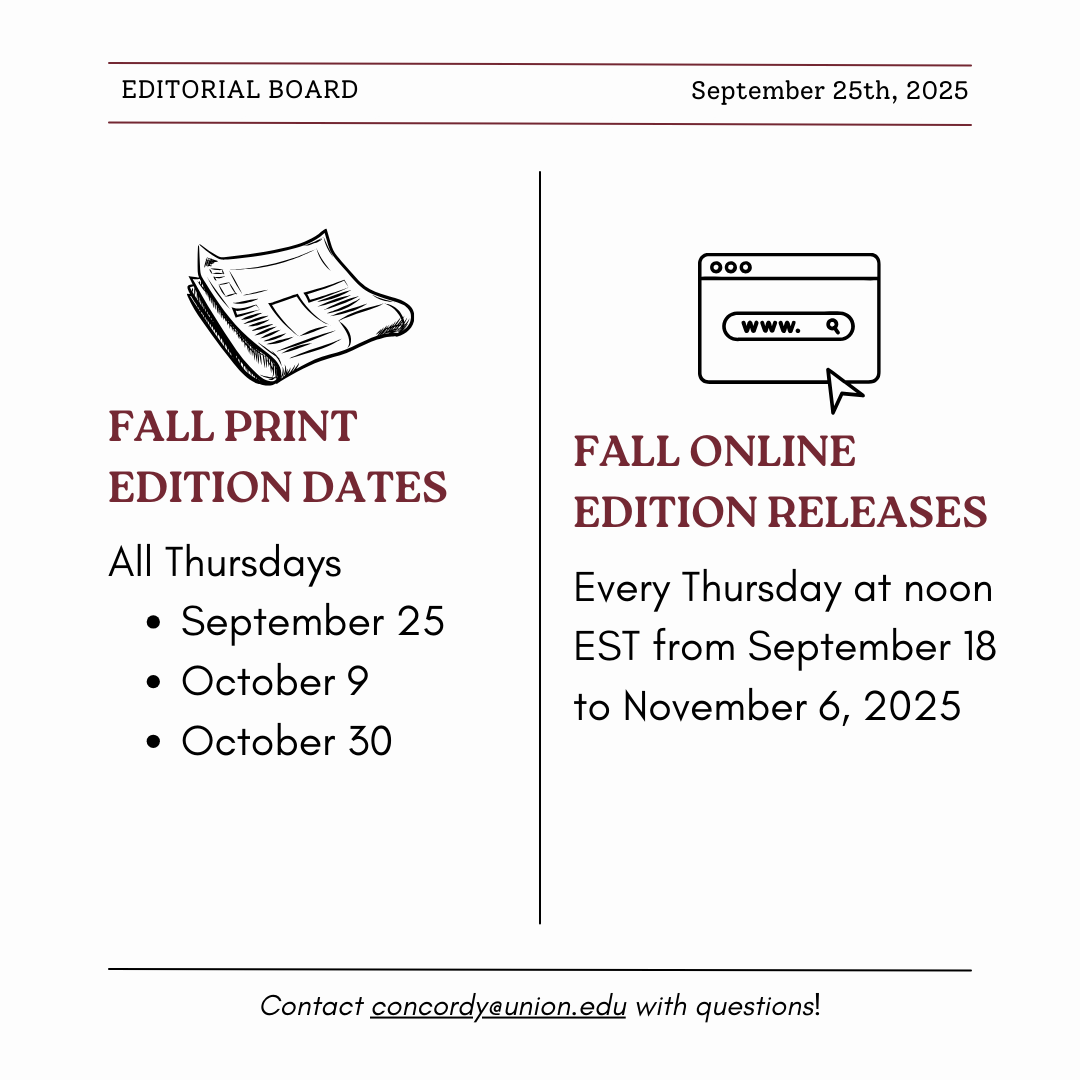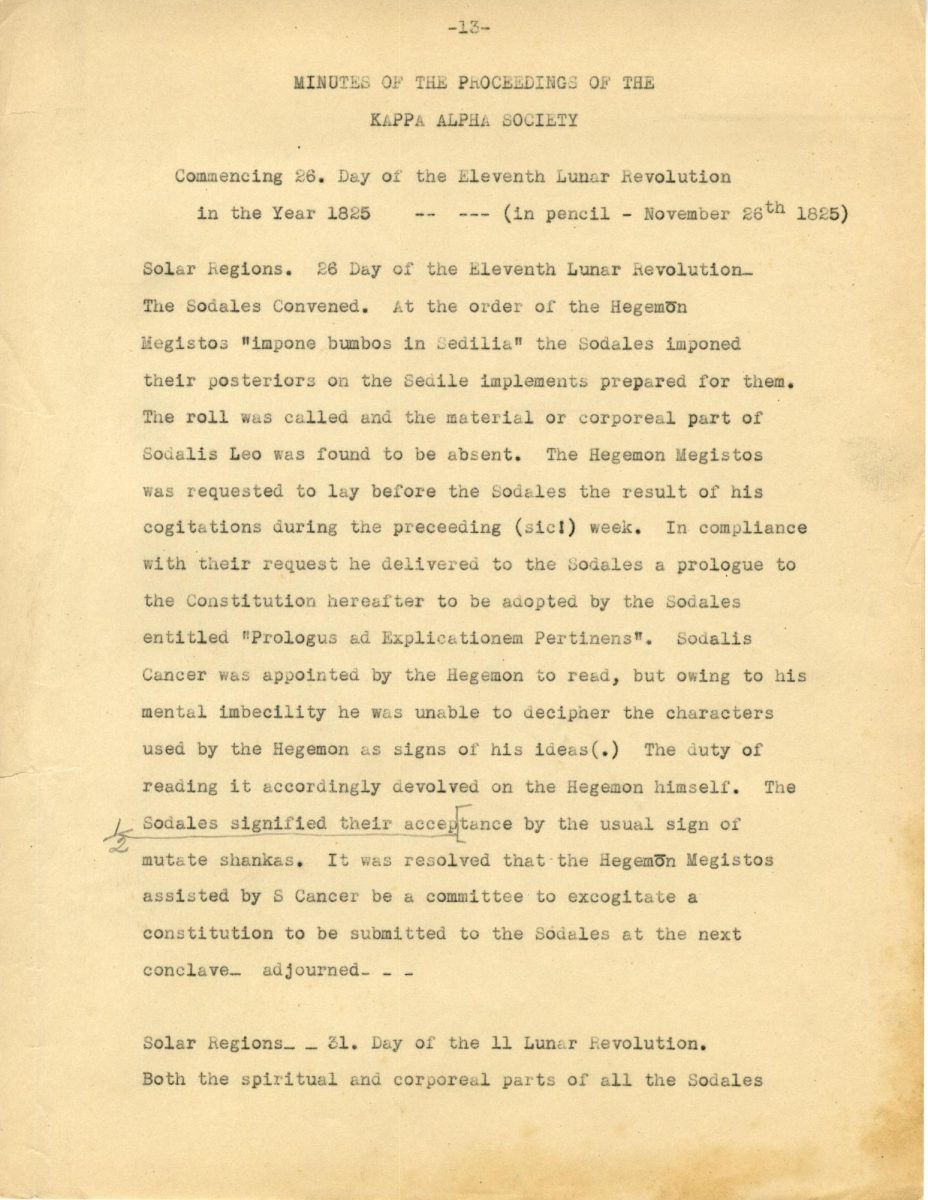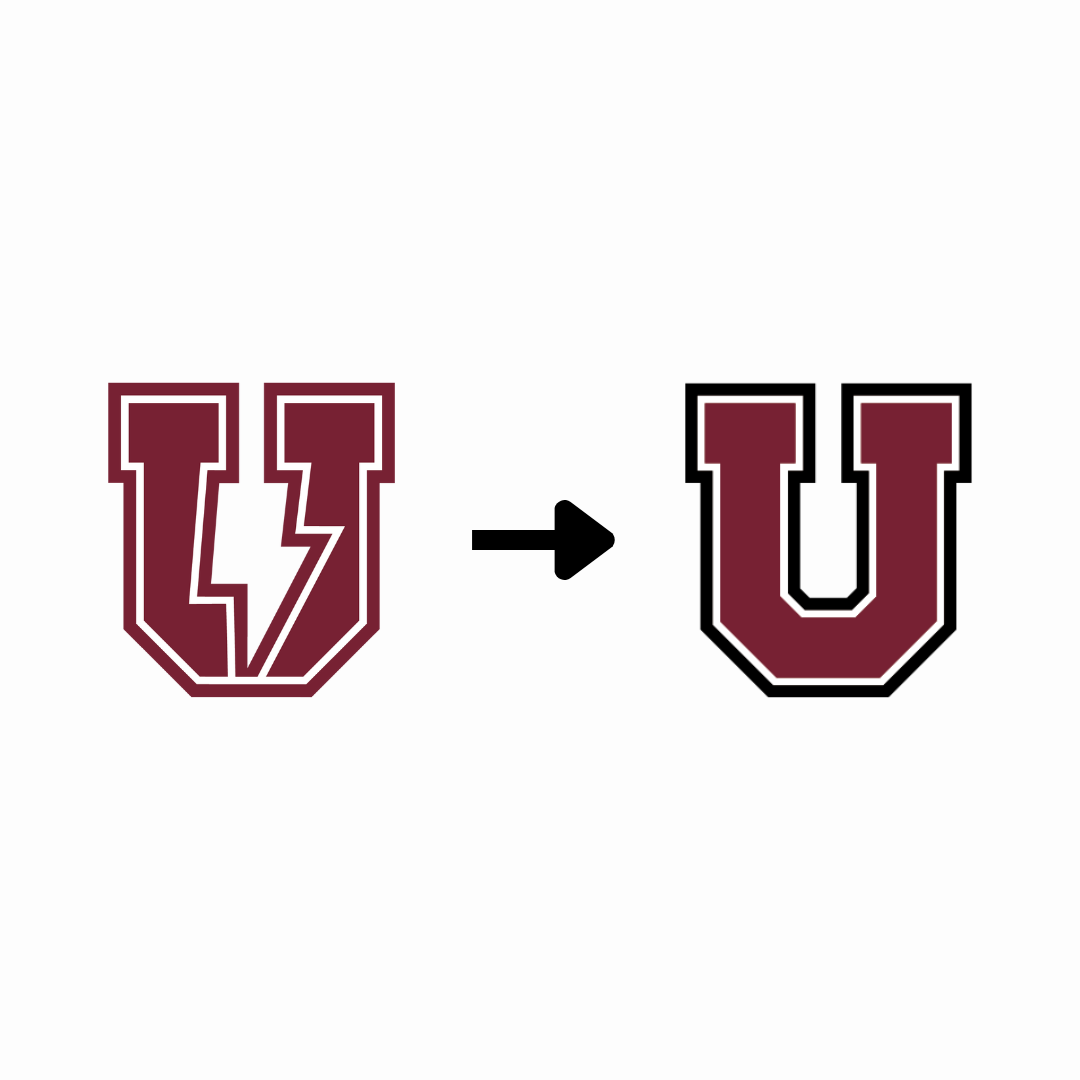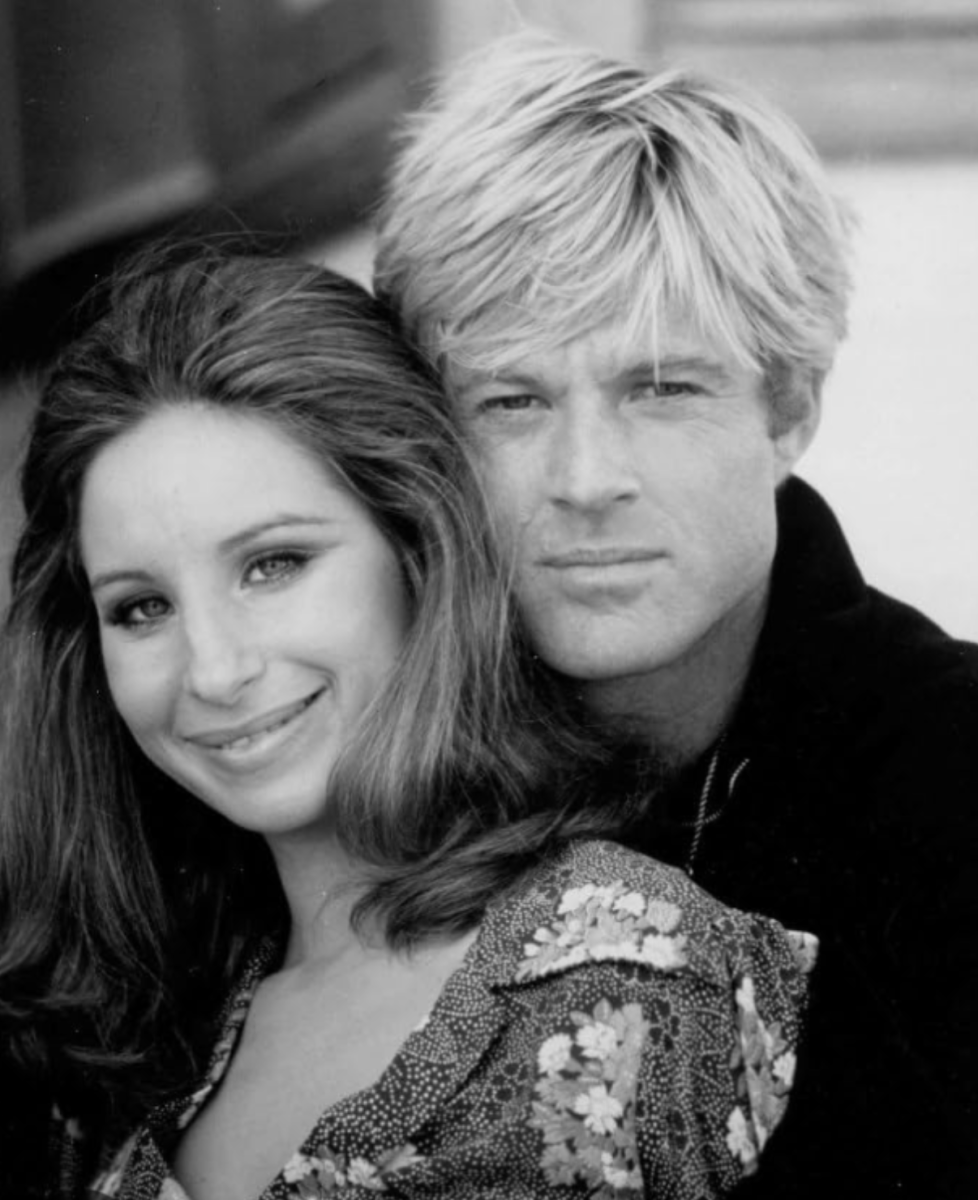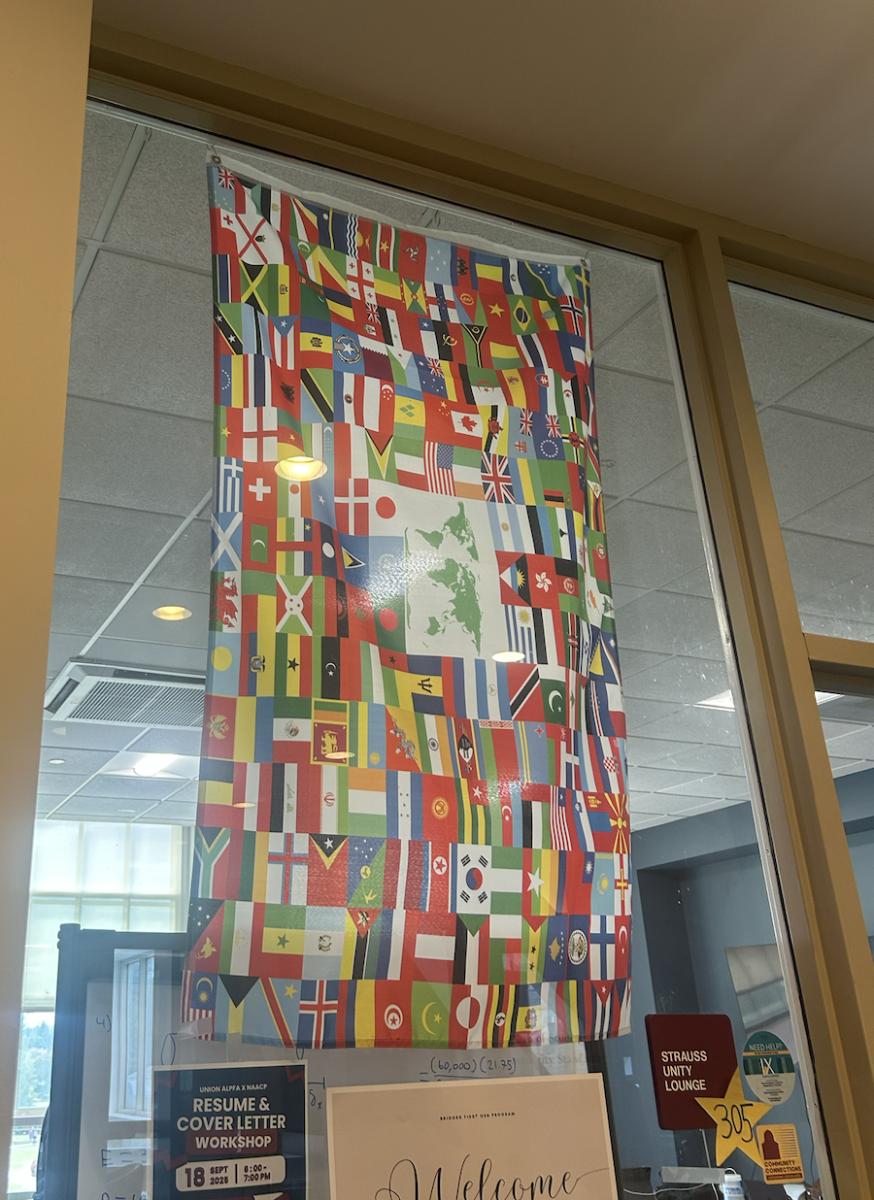Editors-in-Chief
At 1:00 p.m. on Tuesday, February 20, the Board of Trustees and the Presidential Search Committee announced their selection of Dr. David R. Harris, current Provost and Senior Vice President of Tufts University, as the next president of Union.
Harris is a sociologist with a long and distinguished record of service as both faculty and administration in several universities and the Obama administration. He served several administrative roles at Cornell University before being brought into the Obama administration in 2010 as deputy assistant secretary of the U.S. Department of Health and Human Services. After that, he moved to his current position of provost at Tufts.
Harris will be the 19th president of Union, an astoundingly low number considering the average college president serves a seven-year term. He is also the first person of color to be president of the college, making his seleection and the subsequent announcement a truly historic moment for an already historic college. The selection of a African-American president by the Presidential Search Committee is certain to excite many members of the Union community and demonstrates the clear interest of the College in advancing and promoting diversity. Additionally, during his time at Tufts, Harris established a Chief Diversity Officer position and launched the Bridging Differences initiative to empower the Tufts community to engage in informed and civil discussion around some of today’s most challenging topics.
Nevertheless, he doesn’t find his being the first African-American president of Union special. “I actually don’t think about it that much,” he noted in an intereview after the announcement, but, “I can see it on the faces of people in the audience, and to them it meant something very special.”
The public announcement ceremony, held in Memorial Chapel, drew a large crowd of students, faculty and staff, as well as journalists from several local media organizations, all eager to hear who would be heading Union for the foreseeable future. The ceremony itself went off without a hitch, opening with brief statement from President Stephen C. Ainlay and an introduction from Chairman of the Board of Trustees John Kelly ’76. Kelly first thanked President Ainlay and his wife Judith Ainlay for their successful tenure at Union, before welcoming Harris to the stage. Walking up to the stage, Harris received resounding minute-long standing ovation from the audience.
After Kelly gave a brief biographical background, Harris proceeded to give his first public address to the Union community, speaking for around 15 minutes on topics ranging from his family and personal history to his achievements and academic interests to the Union community and what drew him here. He focused first on his family, reinforcing a statement from Kelly that Harris is a family-oriented man. He and his wife Anne met as undergraduates at Northwestern, dating as juniors and getting married three years later. He also has three daughters, two of whom are currently attending college in the Boston area. His youngest daughter, Maya, was in attendance alongside his wife.
Harris has a background in sociology, doing research in race, ethnicity and social stratification and inequality, as well as examining policies to combat such inequality. He earned his Ph.D. at Northwestern after earning a B.S. in Human Development and Social Policy, but his academic path certainly meandered. He described his undergraduate self as “serially decided,” and explained how he entered Northwestern as a journalism major, switched to civil engineering, dropped out of college briefly, and then returned with an interest in social policy. He sees the ability to explore majors like this as one of the strengths of a liberal arts college, and one of Union’s strengths in particular.
As a first-generation college student, he never envisioned himself getting a Ph.D., but became interested when an advisor of his suggested he apply for the Summer Research Opportunity Program, which aimed to get minority students to pursue Ph.D.s. He credits this and other academic advisors for allowing him to get to where he is today, and noted that one of the things which brought him to Union was the close faculty-student relationship.
Throughout his address, he emphasized the importance community engagement has to his approach to leadership, describing how he looks forward to getting to know students, faculty, staff and alumni, and even asking interested students “invite me to your Minerva, invite me to your Greek house” to talk about his time in Washington, D.C.
He also emphasized that he would be taking his time to learn as much as possible about the Union community and Schenectady before coming up with a plan of action. He specifically didn’t arrive here with a vision, “because you couldn’t possibly know, when you’re walking in, what the vision is going to be for the next ten years.”
Instead, he is looking forward to learning about the Union community, its relationship with Schenectady, and the student issues which need to be addressed. When asked specifically about student issues he echoed this sentiment, but talked a bit about his time at Tufts. In particular, he highlighted his habit of having office hours, opening his office to groups of students, faculty and staff in order to discuss issues at the university.
Nevertheless, he listed a few of the administrative focuses in his previous jobs. One was inter-disciplinariness, the importance of which he illustrated by talking about how the challenges of our day don’t neatly fit into any particular discipline. Another was access: ensuring that everyone can attend and succeed at a place like Union, regardless of birth. Another was diversity, which he broke down into four components: representation, inclusion, engagement, and achievement, each important but different. Finally, he reiterated that his style is to engage the community.
President Ainlay, when asked about Harris, explained that “I’m pleased that he clearly understands Union College,… he clearly understands the specialness of this institution.”


